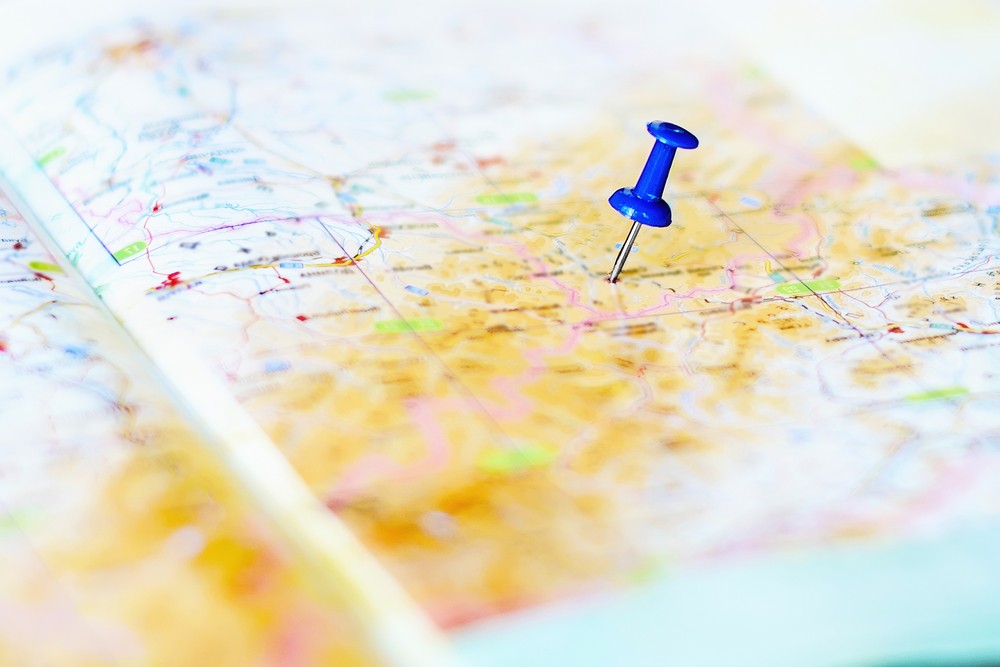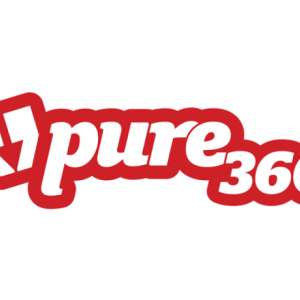How 5 big brands are using location based technologies
15 Feb 2016

Companies are scrambling to keep up with the rapidly evolving ways consumers make purchase decisions. Brick-and-mortar stores have yet to find a way to track, segment, market to, and engage prospective customers in-store in the same manner e-commerce retailers are able to online. However, that could change with the introduction of newlocation based technologies.
Let’s look at five companies that are finding innovative uses of data and technology to create personalised customer experiences, both online and in-store.
Location-based technology is a game-changer for the in-store experience
Target
Target is focused on optimising the in-store experience for the 13M users of its Cartwheel app. Using iBeacon technology, Target hopes to guide customers through the store, provide helpful recommendations and product suggestions, and optimise the location data from each shopping trip for future in-store experiences.
As a customer walks through the store, an in-app “Target Feed” will suggest nearby products based on online reviews and popularity on Pinterest. These suggestions become increasingly personalised with frequent use.


Neiman Marcus
The addition of location-based technology has helped salespeople at Neiman Marcus deliver a more personalised service by providing real-time customer information, including purchase history, favourite items, and buyer preferences. While in the store, shoppers receive notifications of new products, promotions, latest trends, store events, and availability of preferred sales associates.
The company’s app even has a Snap.Find.Shop.™ feature that allows customers to photograph an item and find it.

Read more at pure360.com

Please login to comment.
Comments